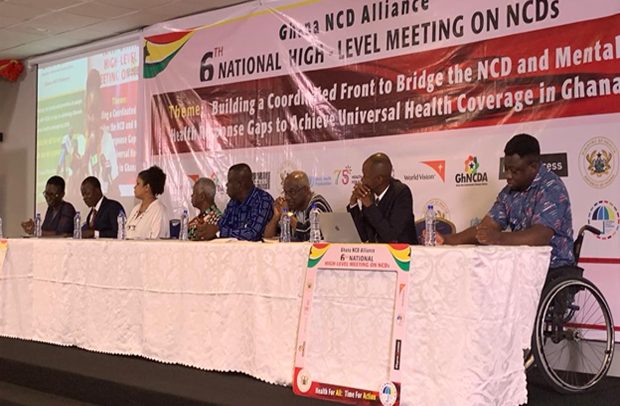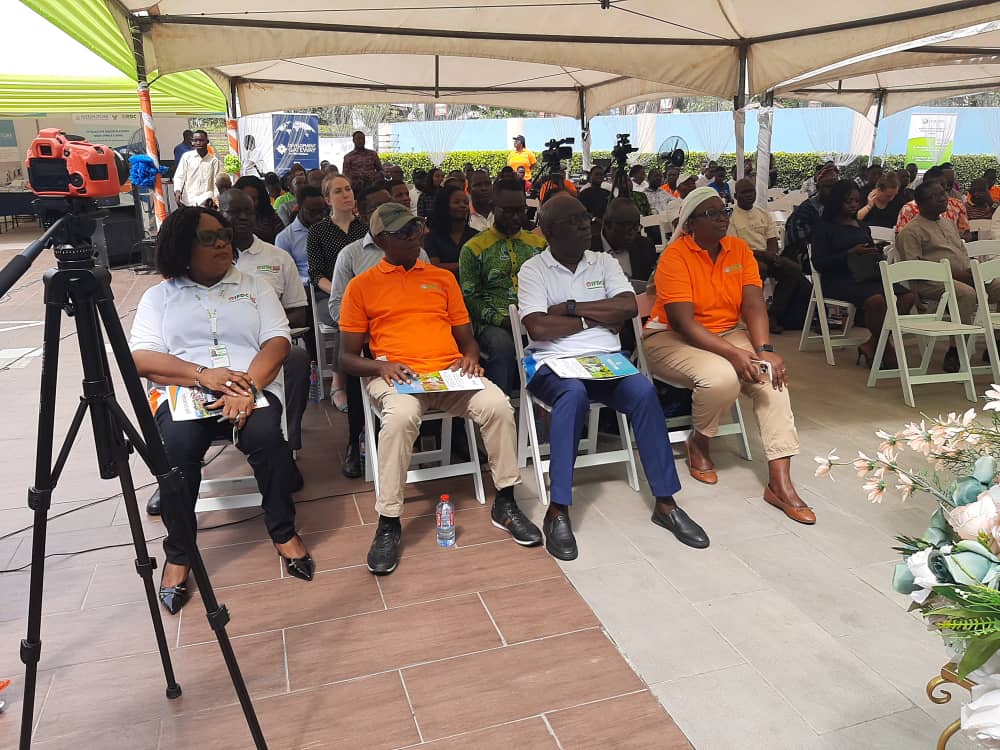
The domestic energy sector in Ghana is grappling with significant challenges, including rising debts, gas shortages and operational inefficiencies that threaten national stability.
According to the Africa Sustainable Energy Centre (ASEC), strategic interventions are urgently needed to prevent further deterioration and secure a sustainable energy future.
Despite initiatives such as the Cash Waterfall Mechanism (CWM), systemic mismanagement has exacerbated financial burdens and strained relations with independent power producers (IPPs) – resulting in ongoing power rationing.
ASEC stresses that addressing these challenges is crucial for economic growth, industrial production and job creation.
Key recommendations
A statement signed by Dr. Elvis Twumasi, Director of Research and Innovation at ASEC, said urgent steps must be put in place to address gas supply issues
ASEC calls for Train Two of the Atuabo Gas Plant’s completion to boost capacity to 450 MMscfd, finalisation of the Liquefied Natural Gas (LNG) facility at Tema and construction of the Takoradi-to-Tema (TT) gas pipeline. Transparency and accountability should guide these projects to ensure energy reliability during disruptions.
Another recommendation is to privatising ECG’s commercial operations. This, the think-tank argues, could enhance revenue collection and operational efficiency. Key under this move, ASEC added, is a transparent framework informed by the Millennium Development Authority (MiDA) to avoid repeating past mistakes.
It also called for transparent levy utilisation, explaining that proper management of the US$650million generated annually through the Energy Sector Recovery Levy (ESLA) – publishing detailed reports on fund utilisation – could create trust and attract key investments such as the US$316million Ghana Power Compact from the Millennium Challenge Corporation (MCC).
In addition, ASEC believes that electricity tariffs should align with consumption patterns and operational costs to ensure financial stability. The organisation also advocates deregulation of the electricity market and renegotiating agreements with independent power producers to enhance competitiveness and transparency.
Other recommendations include promoting low-carbon energy solutions – investment in solar, wind and nuclear energy to meet renewable energy targets and reduce dependency on fossil fuels; and upgrading ECG’s metering system – replacing outdated meters across the country to address issues such as tampering, expand rural coverage and reduce revenue losses.
ASEC urges government to prioritise these recommendations and take decisive actions beyond political rhetoric. Implementing these measures could stabilise the energy sector, support economic resilience and establish government as a transformative force in Ghana’s development.
The post ASEC calls for urgent reforms to address energy sector crisis appeared first on The Business & Financial Times.
Read Full Story












Facebook
Twitter
Pinterest
Instagram
Google+
YouTube
LinkedIn
RSS